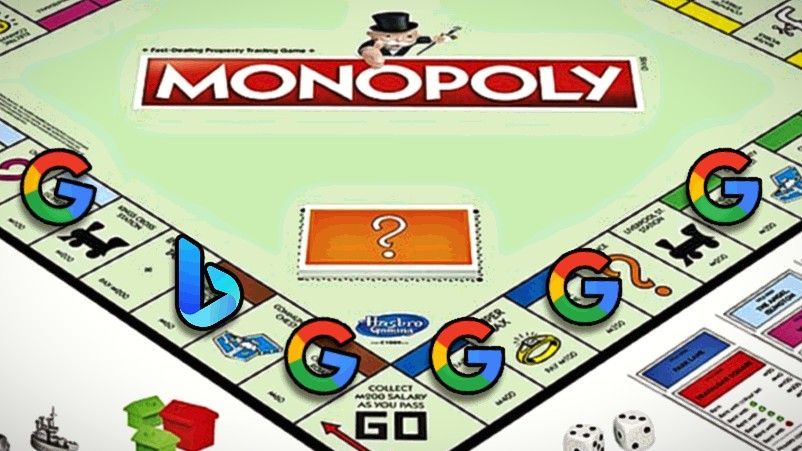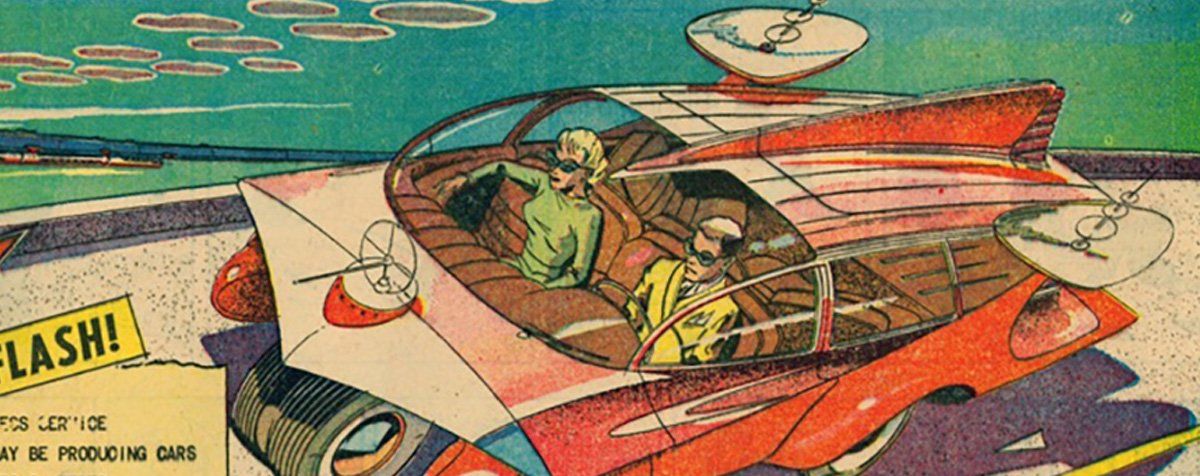

Google has announced it will no longer phase out third-party cookies in Chrome.
Instead, it’s trying a new approach that emphasizes user choice and control over their web browsing privacy.
For years, the company had been working towards eliminating third-party cookies, repeatedly delaying the implementation due to various challenges.
Instead of deprecating these cookies, Google will introduce a new experience in Chrome that allows users to make informed choices about their privacy settings.
Anthony Chavez, VP of Privacy Sandbox at Google, stated in the announcement
:
“We are proposing an updated approach that elevates user choice. Instead of deprecating third-party cookies, we would introduce a new experience in Chrome that lets people make an informed choice that applies across their web browsing, and they’d be able to adjust that choice at any time.”
User Control At The Forefront
Under this new proposal, Chrome users can set their privacy preferences, which will apply across their web browsing activities.
This pivot comes after extensive feedback from various stakeholders, including regulators like the UK’s Competition and Markets Authority (CMA) and Information Commissioner’s Office (ICO), as well as publishers, web developers, standards groups, civil society, and advertising industry participants.
Source: July 2024 Search Engine Journal
It happens all the time. Your ad interests a car shopper
enough to visit. They may click around, look at the inventory, check out a
vehicle details page and then, without even a goodbye, they’re gone. They left
and you have no idea who they are, how far away they are, or how to get in
touch with them. It’s over.
Or is it?
Digital marketing surveys have shown that 85% of visitors to your website leave
it in this manner. It’s not your fault, it is just the way it goes. In the
past, we would just accept it and move on but, with today’s technology, we no
longer have to. We can now identify 40 to 50% of lost prospects and reconnect
with them by the next day. This is the genius of tracking pixel technology.
Have you ever been scrolling through Facebook and see an ad for something you
were just talking about a few minutes ago? Creepy, huh? That is the work of a
tracking pixel which is simply a line of code that collects user data and
allows innovative marketers to target just the right people with ads for things
they are actually interested it. That technology can also be used to identify
website visitors that leave without submitting a lead so that they can be “retargeted”
with ads or emails that remind them why they visited in the first place.
Now there is a much better chance that “the one that got away” becomes the one
that buys a vehicle.

While many car shoppers still like to peruse the dealership
lots and showrooms looking for their next new ride, more and more are opting
for a more hands-off approach by doing it all online.
Recent studies have shown that over 90% of car shoppers do their research
online before they buy. From reading reviews to calculating payments and
finding the value of their trade-in, most everything can be done from the
comfort of their own homes with the mobile device in their pockets. Even
signing paperwork can be done without physical paper (big sigh of relief from
the trees).
So what about the vehicle walk-around and a test drive? Surely car shoppers
still like to feel the upholstery and step on that gas pedal, right? Not
entirely. In the age of advancing technology and “social distancing”, more
shoppers are becoming comfortable with a more virtual approach to kicking the
tires. 360 degree view and virtual walk-around videos are becoming more
accepted alternatives to the traditional test-drive. A 2019 Google survey found
that 64% of new car shoppers are more willing to purchase a new vehicle without
a test drive after having viewed these videos.
Regular car commercials just aren’t cutting it anymore. The flash/bang of commercial
video isn’t as important to car shoppers as it used to be. It is fine for brand
awareness, but once a consumer makes up his/her mind to shop for a vehicle,
they want information. A recent Pixability survey found that the views and watch-time of longer information-driven
video content eclipses that of more traditional manufacturer and dealership
commercials. Simply put, car commercials are fine for brand
recognition, but longer, more in-depth information videos are what active
shoppers want to see before making the actual purchase. And if the purchase can
be made entirely online - even better.
The future of car sales is “showroomless”… and the future is now.

Many people think of digital marketing like "real world" marketing. They see it as simple as taking out an ad in the paper, putting up a billboard, or playing a commercial on TV , hoping the right people see it. It can be that, but it can also be so much more because, on the internet, the information flows both ways. When a person is in the market for a new vehicle, some internet companies remember that. They know what the person is looking for; Is it a car or a truck? A Chevy or a Nissan? Do they want to lease or purchase? In what area are they looking?
It sounds creepy, right? But all of that information comes in handy when you have cars collecting dust on your lot and paper ads, your website, and that giant inflatable gorilla on the roof aren't bringing in the customer like you'd hoped. So how do you apply this vast pool of knowledge to your dealership's marketing? How do you get your marketing campaigns to reach the right people at the right time with the right message? How do you bring your marketing out of the old days and into the future?

Delete…delete…delete…delete… it’s the same thing every day.
Your email in-box fills up with spam and advertisements you have absolutely no
interest in. Insurance, cosmetics, diet pills, cat toys, diapers- You wonder,
“How did I even get on this mailing list? I don’t have a baby or a cat. And I
am not fat… am I?” And as you sit there deleting all those emails you start to
wonder how many people out there, right now, are deleting the emails your
dealership sent out yesterday. According to recent studies, people delete about
48% of the emails they receive so the possibility is pretty high. But don’t
worry, there are ways to avoid being on of the 48.
Here’s what you need to know:
- People are more likely to read email ads before
work. In fact, the optimal time is between 5:00 am and 6:00 am. Scheduling your
email blasts to go out early may very well increase your open rate.
- Your subject line is key. It is the first thing
the prospect sees so It needs to be engaging enough to grab attention, but not
so pushy it turns people off. The following are lists of words that can pique
their interest or make them roll their
eyes and hit “delete”:
- Do use words like:
- Demo
- Connect
- Cancellation
- Apply
- Opportunity
- Payments
- Do NOT use words like:
- Assistance
- Press
- Social
- Invite
- Join
- Confirm
- NO YELLING! An all-caps subject line increases
the chance it will be rejected by 30%.
- Subject lines with three to four words have a
better chance of being opened than shorter or longer ones, so don’t be too
wordy.
- That goes for the body of the email as well. If
you try to cram too much into it, people will stop reading. Between 50 and 125
words is best.
- Also, don’t talk over people’s heads. According
to a Boomerang email marketing study, the most effective email copy for
garnering response is at a 3rd grade level. So it’s probably best to
avoid words like “garnering”.
- Be positive. Be thoughtful, excited, bold. Don’t
be afraid to get emotional or boastful. You want the reader to feel a tug of
excitement in your email because, even if they don’t engage right then, that
same tug will flow into other avenues of your marketing as they see your social
media ads, your mailers, and your TV spots.
- Know your prospects. This one can’t be stressed
enough. Mailing to the right audience assures you aren’t just throwing your
emails into the wind. Internet giants like Facebook and Google have real-time
data to help you target specific demographics at exactly the time when they are
in the market for a new vehicle. If you don’t know how to access this
technology, find a marketing company that can. Only then will your mass emails
reach exactly the right prospect at the right time and really make your email marketing
strategy fool proof.

